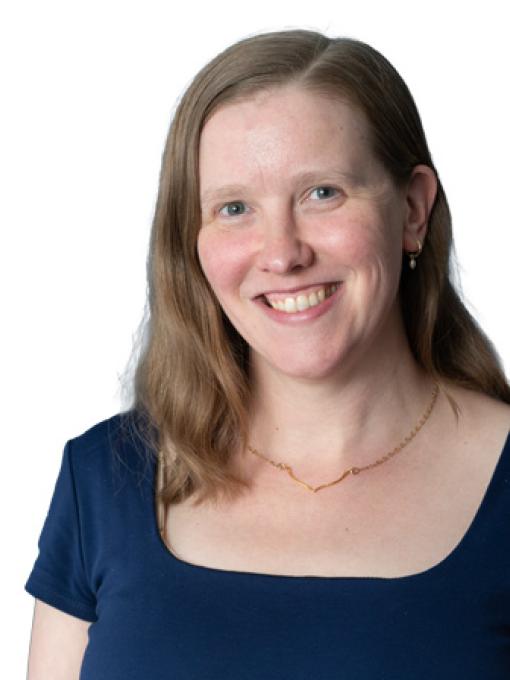Amid a worldwide health crisis, an economic downturn that has devastated millions, and a pandemic of racism and police violence in the United States, this query has woven its way into my thoughts over these past months.
The moral bankruptcy of the old “normal” has never been more exposed. And this moment also exposes the privileges that allowed so many of us to ignore the urgency of addressing our country’s failings.
These are systemic failings, but they are built on individual action. As a writer, I’ve appreciated recent critiques of how official passive voice can bury individual agency. The choices I make and the words I use can reinforce, or subvert, the systems and beliefs in the United States that perpetuate racism, classism, and marginalization.
There’s a lot our country needs to change. It will take all of us heeding the Divine call to make it happen.
How I talk about current events with my family matters. Where I give money matters. Whether I speak, or stay silent, or yield my time to others, matters. I cannot solve these problems on my own, but what I do matters.
What are you being asked to do in this moment?
Sometimes, the invitation might be relatively straightforward – to write a letter on police reform, go to a protest, sign a petition, reach out to your neighbor. Sometimes – and increasingly, if we are to bring about transformational and lasting change – the invitation might be to stretch into unfamiliar and uncomfortable territory. To challenge the views and assumptions of those you’re close to. To organize others to advocate and protest and lobby. To show up and listen and learn.
In these moments of challenge, it’s easy to doubt. I often struggle with wanting to have everything figured out, to wait for all the steps to become clear. But this isn’t an invitation to plan. This is an invitation to feel what is necessary in this moment, where God is leading, and to do that thing. And then to do the next thing, and the next, with the faith that following what is asked of you will lead you where you need to go.
When I experience these doubts, I come back to the story of Moses’ first encounter with God, in the book of Exodus. Over and over, Moses tries to convince God that he’s making a mistake in asking him to be the agent of the Israelite’s freedom and salvation.
Moses asks, “Who am I that I should go to Pharoah, and bring the Israelites out of Egypt?” and argues that he is neither qualified nor persuasive enough to do this work. God’s response is not to refute these arguments but to tell Moses, “I will be with you.”
What are you being asked to do in this moment? What is your next step to contribute to a more just and equitable world, to creating systems that uphold rather than oppress? How is Divine presence with you in that action?
There’s a lot our country needs to change. It will take all of us heeding the Divine call to make it happen.
